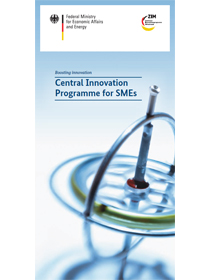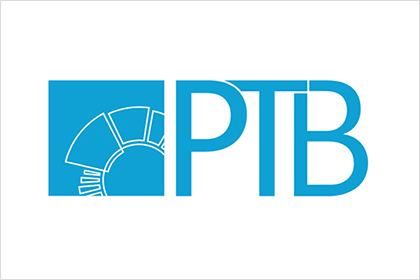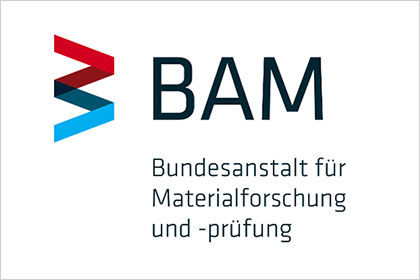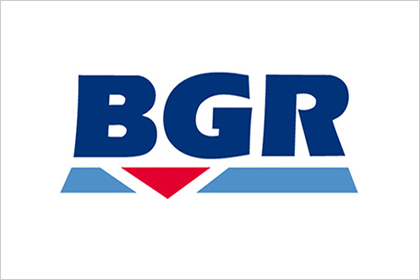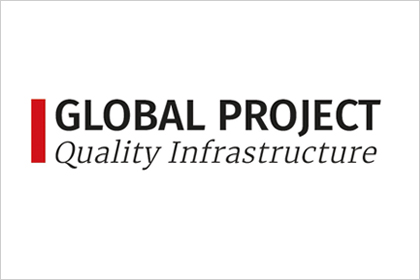These companies create a positive environment for innovation. According to data provided by the Donors’ Association for the Promotion of Science and Humanities in Germany, German companies invested around €72.1 billion in research and the development of new products and services in 2018. The total amount of investment that goes into new innovations, from their development to their launch onto the market, stands at around €172.6 billion.
There is high demand for technology products made in Germany. Germany has an above-average number of ‘hidden champions’. These are usually small and medium-sized enterprises that are world market leaders for their products and services. Their success is based on a long-term company strategy, a high level of private equity and a highly skilled workforce.
An excellent research infrastructure
German companies can draw on the expertise of numerous internationally renowned research institutes (such as the Max Planck Society, the Fraunhofer Society, the Helmholtz Association of German Research Centres, the Leibniz Association, and the research facilities governed by German ministries) and universities.
German companies have a strong position on the markets and therefore Germany often ranks among the top countries in innovation rankings, generally behind Switzerland and the Scandinavian countries, but always ahead of other major economies. However, Asian countries, particularly China and South Korea, are catching up. German companies therefore need to deal with the fact that the number of global competitors will rise in the technology sector.
Policy measures that help raise Germany’s innovation potential
The Federal Ministry for Economic Affairs and Climate Action provides a wide range of funding programmes for innovative SMEs. Under the ‘From the idea to market success’ initiative, we have restructured, pooled and streamlined these programmes. The measures set out in these programmes target the whole of the innovation chain – from creative idea to the implementation of new products and services. A special focus is placed on transferring technologies from research to the market. In addition to this, the Federal Ministry for Economic Affairs and Climate Action provides funding for specific research and technology projects undertaken by companies – often in cooperation with research institutions – in technology areas such as energy, information and communications technology, the maritime economy, mobility and aerospace.
In addition, the Federal Ministry for Economic Affairs and Climate Action is further improving the framework for research and innovation. In particular, such clothing and equipment includes
- securing an adequate supply of skilled labour,
- the protection of intellectual property and setting standards for products and services
- the use of the technical and economic infrastructures provided by the Germany’s National Metrology Institute (PTB), the Federal Institute for Materials Research and Testing (BAM) and the Federal Institute for Geosciences and Natural Resources (BGR), and legal metrology, and
- innovative procurement.
The measures undertaken by the Federal Ministry for Economic Affairs and Climate Action for the promotion of research and innovation are part of the Federal Government’s High-tech Strategy - Innovation fot Germany that covers all of the government’s measures that promote research, technology, and innovation. The Economic Affairs Ministry’s measures aim to strengthen the innovation capacity, particularly of small and medium-sized companies and start-ups.
Transfer initiative: more ideas - more successes
Minister Altmaier launched the Economic Affairs Ministry’s transfer initiative in March 2019. It aims to foster the realisation of ideas in marketable products. To this end, the Economic Affairs Ministry will work with innovation stakeholders to see which measures to transform ideas into products already work well, and to identify areas where improvements can be made. The aim is to optimise the innovation ecosystem in Germany and thus to boost the number of innovators and the rate of innovative activity.





